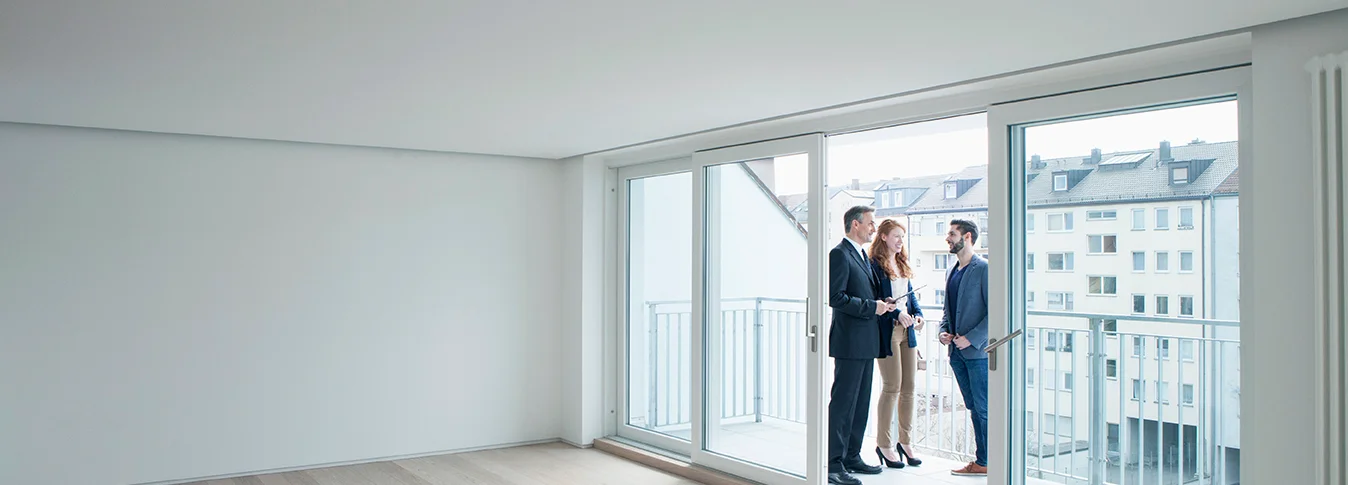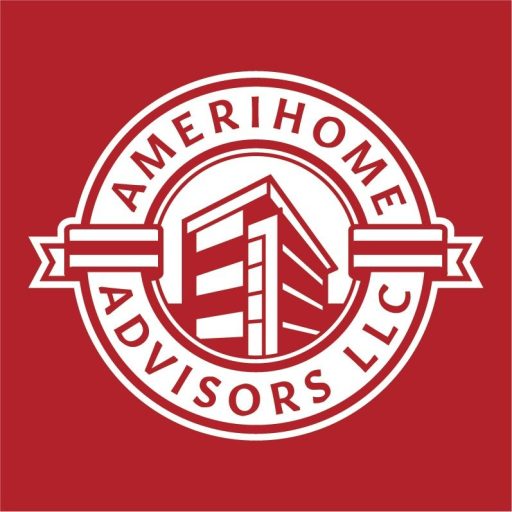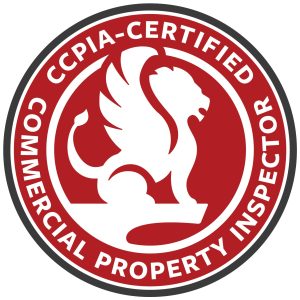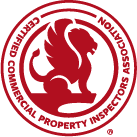Are you thinking about purchasing or leasing Commercial Office Space, Office Building, Retail Space or a Multi-Family Building?
Don’t go at it alone! A third party inspection with historical data & maintenance records could save you a bundle! We offer an affordable “Level One Inspection” for light commercial properties that should satisfy your due-diligence and your budget. To get an inspection quote, simply e-mail us and provide the property address and the type of inspections that you are looking for. We will send you a detailed quote within 48 hours of receipt.
What is a Level 1 Commercial Inspection?
A level – 1 commercial property inspection is a light commercial inspection that is conducted for Small to Medium size commercial properties of less than 2500 sq. ft. and conducted by one Certified Commercial Inspector without the assistance of hired specialty consultants.
An example might be a small to medium sized Office building, a single office suite, Retail Space, Shopping centers, Residential units that have been rezoned to commercial.
In many cases, a Certified Commercial Property Inspector may process one or two specialty skills because of previous training or occupations. Most all Commercial Inspectors are also Licensed Home Inspectors in the state of Florida. Many Home inspectors were former electricians, plumbers or from the construction industry that were trained and certified in all of the other disciplines of our industry. A Specialty Consultant is generally an individual who has been trained to install, maintain or repair a particular item, such an Air Condenser unit.
When should a Specialist or Specialty Consultant be hired?
In the case where the client is already aware of issues with a building, then it may be beneficial for the client to augment the inspector’s skills by hiring a specialty consultants who have particular expertise in certain areas along with the Certified Commercial Inspector. In some cases, the specialist may be able to schedule their inspection the same day.
The difference between the Level 1 and the Level 2 Commercial Inspection is that with the Level 1 inspection, you, the client have the choice of hiring or not hiring a specialist, before or after the Inspection report has been reviewed.
The commercial inspector will still inspect all the elements of a typical inspection and will make comments in the report if an item is satisfactory, working as intended, in need of routine & scheduled maintenance or if an item did not operate correctly or that it was in need of repair or replacement. In the case of the latter, a specialty consultant will be recommended.
With a Level 1 inspection, The Client has an opportunity to select their own specialist that they may know or someone that they feel comfortable with and should be able to negotiate a better fee by hiring the specialist directly since the middlemen or contractor is not involved.
With a Level 2 inspection, specialty inspectors are pre-selected sub-contractors and paid by the Commercial Inspector at a premium without knowing for sure if their services are justified or not. Most of the time the inspector will do as much research as possible to determine this prior to submitting a quote.
One of the advantages of hiring your own specialist is that they can normally offer you a quote to repair or replace a damaged item. Level -2 inspectors will generally offer an estimate base on standardized ranges. Example, To replace the HVAC system will range between $10K to 15k based on the brand & size selected.
The decision to hire specialty consultants will, of course, rely on budget and time constraints, as well as the risk-tolerance of the client.
What is your level of Due Diligence? – Level 1 or Level 2 ?
Level 1 – This standard is designed as a baseline from which the inspector and client can develop and agree to a scope of work that generally does not deviate from the COM sop, (Commercial Standards of Practice) considering the budget, time constraints, purpose of the inspection, age of the subject property, and risk-tolerance of the client. Special need request and added Ancillary inspection generally exceeds the ComSOP baseline.
The level of due diligence should be set where the cost, in time and money, of acquiring information about the subject property will not likely exceed the value of that information.
While a generalist should have a basic knowledge in all areas of expertise in commercial buildings, the below example, shows areas that a specialist could be considered an expert consultant.
The different types of consultants might include:
- commercial roofer;
- stucco/EIFS consultant;
- professional engineer;
- commercial HVAC contractor;
- plumber;
- electrician;
- roofing contractor/consultant;
- chimney sweep;
- Infrared Certified™ energy auditor;
- lead paint inspector;
- life-safety/fire protection expert;
- elevator/escalator inspector;
- commercial kitchen expert;
- radon inspector;
- mold inspector;
- indoor air quality expert;
- meth lab inspector;
- wood-destroying organisms inspector;
- accessibility consultant;
- green features inspector;
- fire door inspector;
- pool/spa inspector;
- parking lot/asphalt consultant;
- water quality inspector;
- seawall inspector; and
- septic inspector.
AmeriHome Advisors, LLC offers Level-1 Inspections, Commercial Property Inspections, Mold, Air Quality & ADA inspections.
If a level 2 inspection is desired, we suggest that you contact the CCPIA (Certified Commercial Property Inspectors Association) for a referral. Click the red box above for more details about Level-2 inspections.
Information on this page is provided in-part with permission from CCPIA. Click on the logo below for a direct link to the CCPIA Association.







